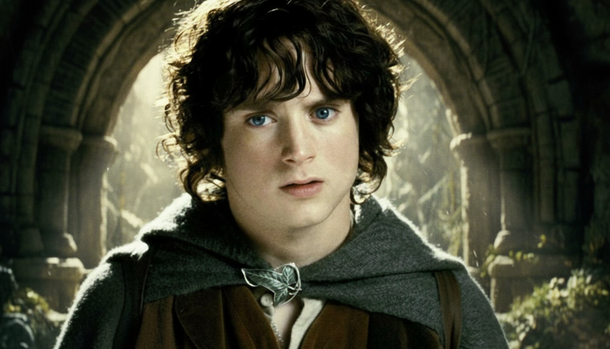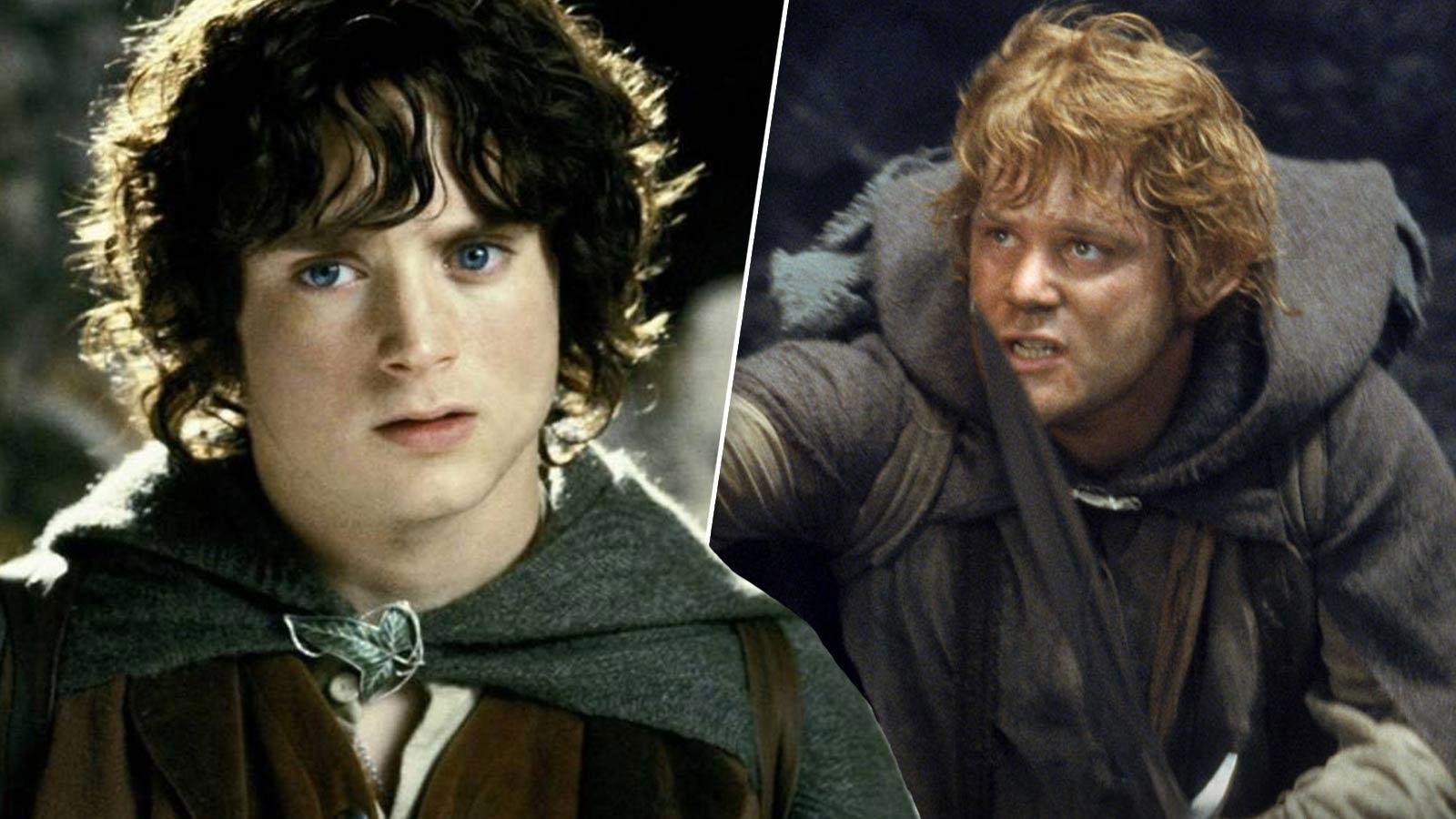The Lord of the Rings: The Overlooked Moment That Could Have Redefined Frodo

A pivotal moment was left out of the film. This change altered Frodo’s journey forever. Discover how one act of mercy shaped the fate of Middle-earth. Dive into the story behind the missing scene.

Peter Jackson ’s adaptation of The Lord of the Rings is celebrated for its epic storytelling and visual grandeur, but it ’s no secret that the films take creative liberties with Tolkien’s original narrative. Among the most significant omissions is a scene from The Fellowship of the Ring that would have cast Frodo Baggins in a dramatically different light, potentially elevating his character above even Samwise Gamgee in the eyes of many fans.
In the cinematic version, Frodo steps forward at the Council of Elrond, volunteering to carry the Ring into Mordor. Yet, in Tolkien’s novel, it’s Bilbo who first offers to take on the perilous quest, only to be gently turned down due to his age. Frodo’s decision, then, is not just an act of bravery but a response to a legacy of courage and sacrifice. Elrond’s words to Frodo underscore the gravity of the task: if Frodo cannot succeed, no one can. This subtle but powerful moment, largely glossed over in the film, hints at a deeper strength within Frodo that even Gandalf recognized.
What truly sets Frodo apart, however, is not his willingness to bear the Ring, but his capacity for mercy. Throughout their journey, Sam is often suspicious of Gollum, ready to end his life at the slightest provocation. Frodo, on the other hand, repeatedly chooses compassion, sparing Gollum time and again. This decision, seemingly small in the moment, becomes the linchpin of the entire saga. When Frodo ultimately falters at the edge of Mount Doom, it is Gollum’s presence—preserved by Frodo’s mercy—that ensures the destruction of the Ring. Without this act of kindness, the fate of Middle-earth might have been sealed in darkness.
During their trek, the dynamic between Frodo, Sam, and Gollum is fraught with tension. Sam’s mistrust is palpable, and his frustration with Gollum’s duplicity is understandable. Yet, Frodo’s empathy allows him to see the tortured soul beneath Gollum’s twisted exterior. This empathy is not weakness; it is a quiet strength that shapes the outcome of their quest. Frodo’s failure to destroy the Ring is not a simple defeat, but a testament to the limits of human willpower and the unpredictable consequences of mercy. In the end, it is not heroism or strength that saves the world, but a moment of grace.
The film does touch on the theme of mercy, particularly in Frodo’s conversation with Gandalf about Bilbo’s earlier decision to spare Gollum. However, the full weight of this theme is never fully realized on screen. The missing scene would have highlighted how Frodo’s choices, influenced by Bilbo’s example, set in motion a chain of events that no one could have foreseen. Gollum’s survival is not just a plot device; it is the embodiment of Tolkien’s belief in the redemptive power of compassion.
As the trilogy concludes, the audience is left to ponder the true nature of heroism. Frodo’s journey is marked by pain, loss, and ultimately, failure. Yet, it is his mercy—his refusal to give in to hatred or despair—that defines his legacy. The story suggests that even the smallest act of kindness can have world-altering consequences. In omitting this crucial scene, the film misses an opportunity to fully explore the depth of Frodo’s character and the profound message at the heart of Tolkien’s work.
Do you believe Gollum deserved the mercy shown to him? The debate continues among fans, but one thing is clear: sometimes, the most important moments are the ones we never see.
#LordoftheRings #FrodoBaggins #Gollum #PeterJackson